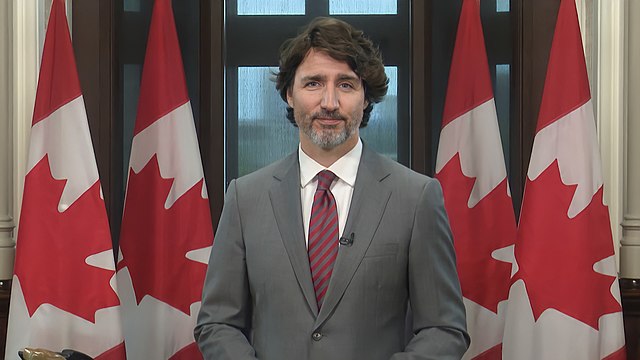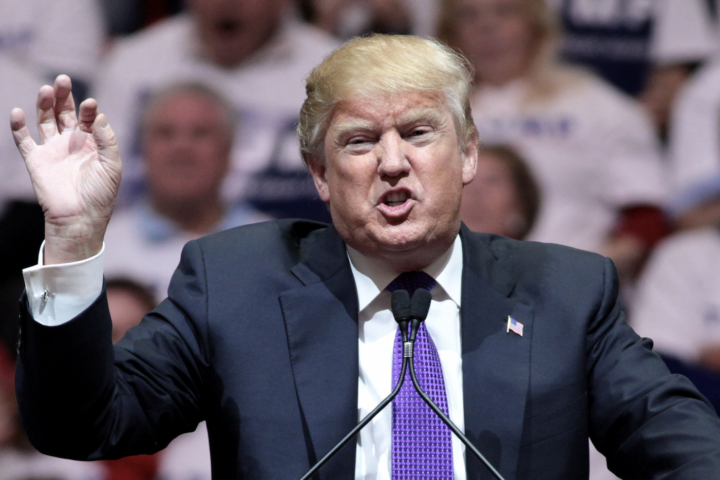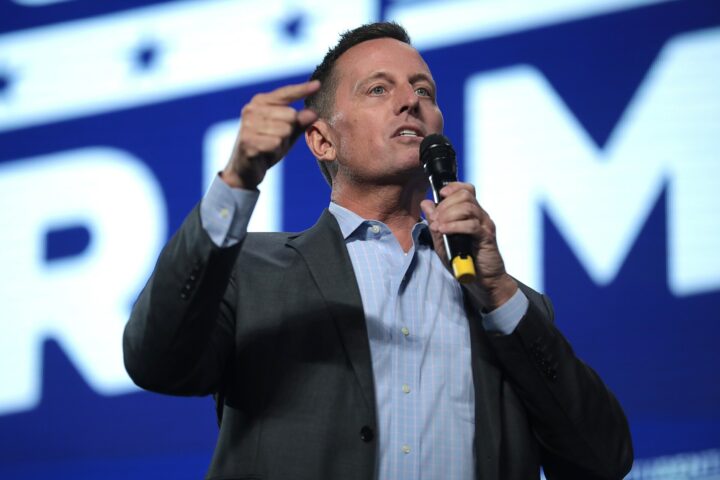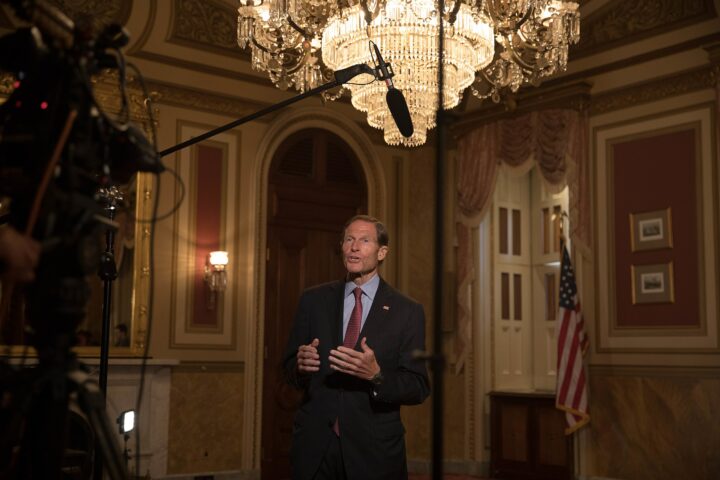Canada’s Finance Minister Chrystia Freeland announced Monday she was departing the Liberal government cabinet, citing conflict with Prime Minister Justin Trudeau over the direction of fiscal policy.
The shocking decision comes on the same day Freeland was scheduled to introduce a fall economic statement, which most analysts expect to show bigger budget deficits than the government promised just a year ago.
Canada’s Department of Finance said Monday it would disclose the fall update after 4 p.m. ET despite the finance minister’s resignation.
The news roiled the capital, with one of Trudeau’s most loyal and trusted lieutenants choosing to depart with a stinging letter critical of the government’s direction.
The departure will pose further doubt about how long Trudeau can hold on as prime minister and Liberal Party leader given the government’s deep unpopularity in public-opinion polls, political analysts say.
Nearly all public-opinion surveys show the Liberals trailing the Conservative Party by roughly 20 percentage points.
Trudeau has repeatedly said he would continue on as prime minister and seek re-election next year.
In a letter addressed to Trudeau and posted to the social-media platform X, Freeland said Trudeau notified her last Friday that he no longer wanted her to serve as the country’s finance minister, but serve in another cabinet position.
“I have concluded that the only honest and viable path is for me to resign from the cabinet,” Freeland wrote in his resignation letter.
A spokeswoman for Trudeau wasn’t immediately available for comment. Trudeau met with his cabinet Monday morning for a previously scheduled discussion.
The letter indicates Freeland opposed the recent direction of fiscal policy amid the threat of a 25% tariff from U.S. President-elect Donald Trump on imports from Canada—a move economists say would likely provoke a recession in the country.
Bank of Canada Gov. Tiff Macklem said last week that a 25% tariff would be widely disruptive for the Canadian economy.
She said during the autumn, she made “strenuous efforts” to manage fiscal policy to limit spending growth amid heightened uncertainty.
Last month, Trudeau and Freeland unveiled a mini-stimulus package that the government carried out, which envisaged spending over six billion Canadian dollars, or the equivalent of US$4.2 billion, on a broad sales-tax exemption and a one-time payment to about 18 million Canadians.
[READ MORE: Multiple Deaths Reported After Savage Attack on Wisconsin Christian School]








